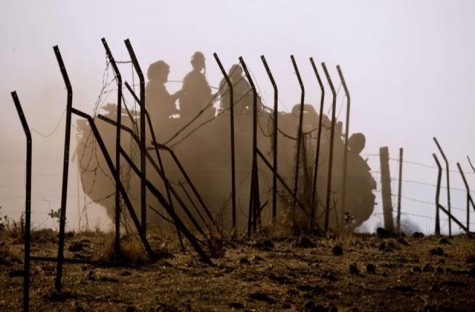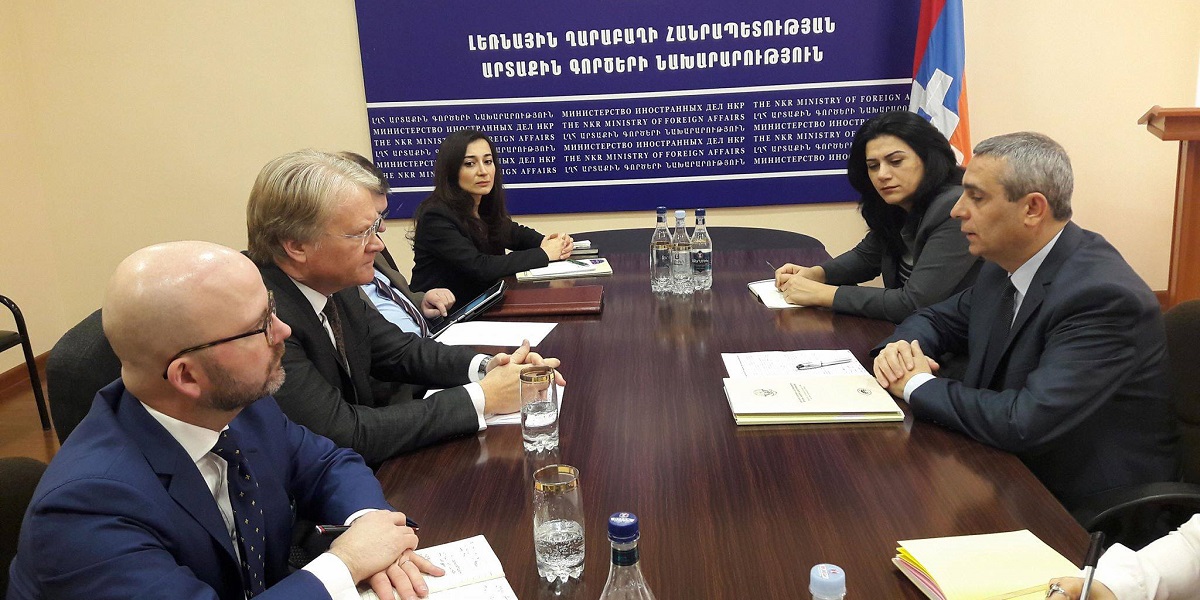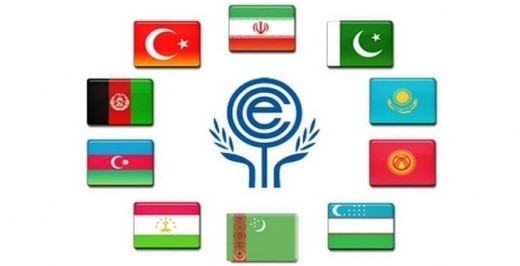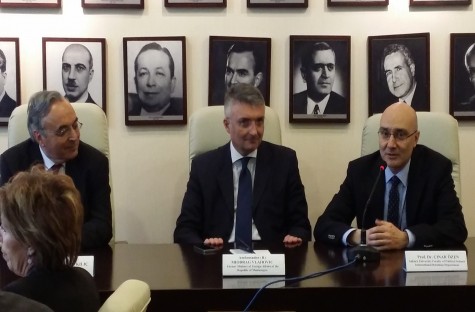The eighth summit of the G-20 heads of state/government, the first of which was initiated in Washington D.C. /USA, in November 2008, was held in St. Petersburg/Russia on 5-6 September. The summit, however, was upstaged by the Syrian crisis which acquired a nature of global cleavage and carried the potential of military confrontation, sidelining the prominent position of the G-20 grouping at the new World economic order and neglecting the focus on the conclusions of the summit meeting as it remained in the shadow of efforts to find a solution to this serious and topical political crisis. As a matter of fact, the G-20 St. Petersburg summit has provided a significant mile stone for putting on record the progress achieved up to present, its work in the past year, the numerous documents adopted at the summit and released to the public revealing a substantial vision for the future as well as concrete and practical steps to be taken.
The G-20 grouping has come into being out of the need to have global cooperation and coordination to prevent the global financial crisis turn into global economic recession at an era when the gravity of global economic activity was evolving to tilt from the West to the East and as the group of G-7 formatted by developed, industrialized countries with technological superiority was no more sufficient for global representation. Indeed, the international coordination brought about with the Washington D.C. summit has prevented the further deepening of the global financial crisis and has helped avert a global depression. The five-year record of the G-20 has demonstrated the group’s value as a coordinating body for economic prescriptions and for economic crisis management. Understandably, the aim of the G-20, particularly of its developing economies, is not confined to serving solely as firemen but to assume a responsible role in the progress of global economy, to lead a strong, sustainable, balanced and inclusive growth.
The concept of balanced and inclusive growth carries with it competition as well as the risk of conflict of interest. There is no objection to the enlargement of the cake. However, the inevitable desire and fact of developing economies to have a large share in the distribution of the cake is a pointer to why an economic institution like G-20 cannot remain indifferent to political questions. Recent history is witness to how conflicts of interest can create political crisis and even lead to global wars. A case in point that can shed some light to present is the crisis of Agadir/Morocco of 1911, originating from colonization of Africa, which was an early herald of the developments leading to the First World War Consequently, it is possible to say that the discussion and search to find a solution to a political crisis is not incompatible with the responsibilities and goals of G-20.
Numerous documents were adopted at the St. Petersburg summit that will be followed up and further developed during the chair of Australia and Brisbane/Australia summit in 2014 and the chair Turkey will be taking over in 2015. Among the wide ranging and comprehensive topics that will require coordination are strong, sustainable economic growth, unemployment and underemployment particularly among young people, long term financing for investment, international trade, international tax evasion and avoidance, financial reforms, reform of financial institutions, development, corruption, energy issues and climate change. The troika of Russia, Australia and Turkey will be carrying out serious and responsible work on these and other topics in the coming period.
The G-20 leaders’ declaration of 6 September 2013 comprising 114 articles signals that the global financial crisis is behind and that steps are underway to reinvigorate and to spur global economy. In this context, it appears that Turkey will be entrusted with substantial responsibilities during chairing the G-20 in 2015, notably within the preambulary articles of 7 and 8. These two articles state that, “Too many of our citizens have yet to participate in the economic global recovery that is underway. The G-20 must strive not only for strong, sustainable and balanced growth but also for a more inclusive pattern of growth that will better mobilize the talents of our entire populations” and that “cooperation, coordination and confidence is what we will continue to strive for”. In the coming period it is important that the differences of interest among the G-20 countries stemming from different development levels and different potentials of further development should be handled in a manner to avoid conflict and that growth need to be expanded to a broader base in a balanced manner. It seems that it will continue to be a major task during the chair of Turkey in 2015 to induce the groupings like G-7/8 and BRICS to follow common constructive targets. For, the St. Petersburg summit has also witnessed the search by the BRICS countries for alternative ways outside the Bretton Woods system which constitutes the basis of the current global financial order and their resolve to establish an international financial institution alongside the IMF.
© 2009-2025 Center for Eurasian Studies (AVİM) All Rights Reserved
 ISRAEL BOMBS SYRIAN POSTS OVER GOLAN ATTACK ON ITS TROOPS
ISRAEL BOMBS SYRIAN POSTS OVER GOLAN ATTACK ON ITS TROOPS
 VISIT OF SWEDISH MEMBER OF THE EUROPEAN PARLIAMENT TO KARABAKH: FORGOTTEN MISERY OF AZERBAIJANIS
VISIT OF SWEDISH MEMBER OF THE EUROPEAN PARLIAMENT TO KARABAKH: FORGOTTEN MISERY OF AZERBAIJANIS
 A MODEL THAT NEEDS TO BE DEVELOPED FOR REGIONAL COOPERATION: ECONOMIC COOPERATION ORGANIZATION
A MODEL THAT NEEDS TO BE DEVELOPED FOR REGIONAL COOPERATION: ECONOMIC COOPERATION ORGANIZATION
 PONTIC GREEK GENOCIDE LOBBY FOLLOWS THE FOOTSTEPS OF THE ARMENIAN GENOCIDE LOBBY
PONTIC GREEK GENOCIDE LOBBY FOLLOWS THE FOOTSTEPS OF THE ARMENIAN GENOCIDE LOBBY
 “MONTENEGRO AND THE BALKANS” MEETING ORGANIZED BY AVIM AND ANKARA UNI. CENTER OF INTERNATIONAL ECONOMIC AND POLITICAL RESEARCH
“MONTENEGRO AND THE BALKANS” MEETING ORGANIZED BY AVIM AND ANKARA UNI. CENTER OF INTERNATIONAL ECONOMIC AND POLITICAL RESEARCH




























